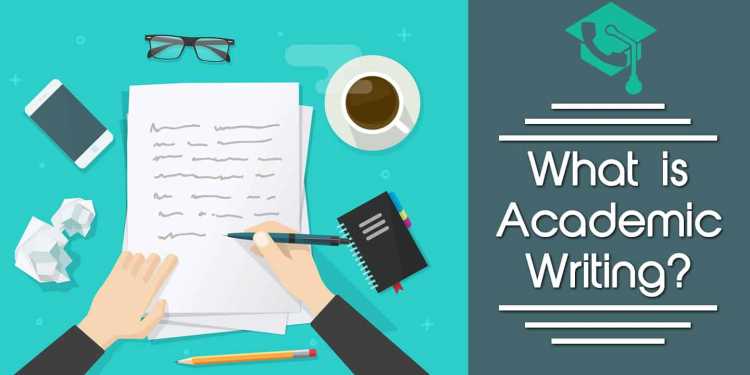Academic and creative writing is an essential skill that you might need throughout your life. It is way more cost-effective to write formal documents or develop creative content on your own than hire professionals. Grab the tips below to improve your academic writing skills and boost your grades!
Avoid Procrastination
Never postpone your assignment to the last minute. Once you get the task, study the prompt carefully. Highlight the main questions to answer and buzzwords/keywords that might be useful in your research. Estimate how long it might take you to conduct research, analyze the data, prepare a draft, proofread, and edit your paper. You may download and set up an organizer not to miss a thing. Usually, it takes up to 2-3 hours to write a single-page essay.
Apply Special Learning and Writing Apps
Luckily, you have many websites to obtain help for your research and writing today. You may have heard about such software as Grammarly, CopyScape, Copywritely, Hemingway, and Evernote. Those are all great applications to improve your research and writing skills. One example of platforms that support students and lend a helping hand is an academic writing service where one can ask for statistics project help, buy a history essay, order a nursing research paper, or even purchase a complete Ph.D. dissertation.
Always Start with a Plan
In writing, an action plan is called an outline. It determines the structure of the entire document. You should always have an introduction part (in some cases, the title page comes first), body (3-5 paragraphs, each starting with an argument), conclusion (summary of the main points), and works cited (references). For creative writing, you are free to choose the structural elements on your own. In scientific writing, like a research paper, you may have to include much more sections like an abstract, literature review, and more.
Use Only Familiar Words
Do not try to insert as many terms and idioms as you can. If you do not fully understand the specific terminology, it does not mean that everyone else is the same. If you add words that you are not sure about, you may look silly in the eyes of people who know what you are talking about and understand the meaning. The context might not correspond if you have some doubts. It is better to double-check the definition or avoid unfamiliar words at all. Many authors think that people like flashy terms by mistake. It is way better to use simple language without any slang, jargon, rare idioms, etc. However, you should not over-spam your text with weak picks like “good” or “evil.”
Expand Your Vocabulary
The point described above does not mean that you should stop with what you already know and ignore self-development. Keep on expanding your horizons by learning new terms and idioms. Read more books and watch more educational videos. Turn to the dictionary more often. Observe new topics.
Vary the Sentence Structure
First of all, it is the best way to avoid plagiarism. If you think that something sounds too trivial and just everyone would say the same way, think about rebuilding your text so that your approach sounds unique. For instance, most people prefer writing in chronological order only. You may switch to spontaneous or inverse chronology, just like Quentin Tarantino does in most of his movies. That is his outstanding trait, by the way.
Try to Use Active Voice
If you work on a scientific project, passive voice is acceptable and even necessary in some cases. However, if you deal with creative writing, you should better avoid passive voice. Marketing experts and psychologists have proven that people tend to perceive this approach better.
Edit and Proofread Your Documents
You should never skip the editing and proofreading stages. Let’s define each of them to make a difference. The main problem is that many students confuse these two terms. We will compare and contrast them for you.
- Proofreading
- It is applied to the final draft of the paper;
- The idea is to eliminate misspellings, inconsistencies, issues with citation format and structure, grammar mistakes, etc.
- Deals with problems on the surface level;
- No need for re-write or re-structure;
- It does not require too much time;
- It has nothing to do with decreasing the word count.
- Editing
- It is applied to all drafts of the paper throughout your work on it;
- Expands the language by making it more clear, concise, to-the-point, and readable;
- Looks at the core qualities of good composition;
- Is to correct citations and add the sources up to the referencing style;
- It might need more time than proofreading;
- It may have an impact on the final volume of the paper.
In any case, both of these stages are equally important if you wish to obtain the highest possible grade on your work.
Summary
So, what are the primary things to do if you want to be a great writer? You should keep in mind the basic formatting rules. You should avoid useless or unfamiliar words. Choose software that will assist you with your writing. Finally, never forget to proofread and edit your draft, so do not procrastinate.


